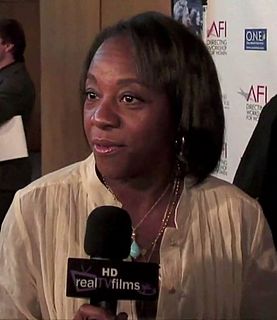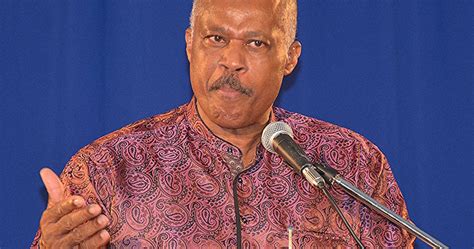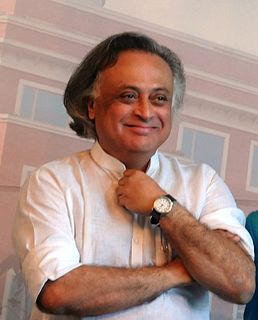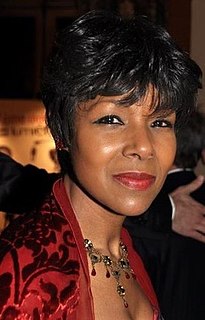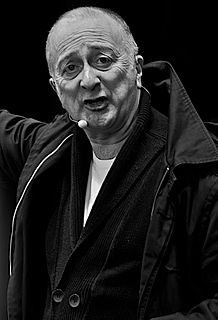A Quote by Marianne Jean-Baptiste
I'm a member of the African diaspora: my parents left the Caribbean and came to London for a better life.
Related Quotes
Effectively, what we are saying to the governments of Europe is, 'OK, after 300 years, you have left these islands in a pretty bad state. You've left them with terrible developmental challenges, and we believe you have a responsibility to return to the Caribbean and participate in the rebuilding of the Caribbean.'
My parents never referenced Ethiopia that much, largely because of the circumstances under which we left. We left during a time of political upheaval, and there was a lot of loss that came with that, so my parents were reluctant to talk about those things. So I had, by and large, an American childhood.
When African-Americans come to France, the French show them more consideration than they would show an African or a Black Caribbean. When African-Americans come to France, the French people are like, 'Oh, wow. Oh my God.' But if it's an African, they're like, 'Whatever.' It's all because of the past, because of our history.
We do not have a South African as a member of the African Commission. The President of the Commission comes from Mali, the Deputy comes from Rwanda and then we have got all these other members, ordinary commissioners. There is no South African there. And the reason, again, for that is not because we didn't have South Africans who are competent.
